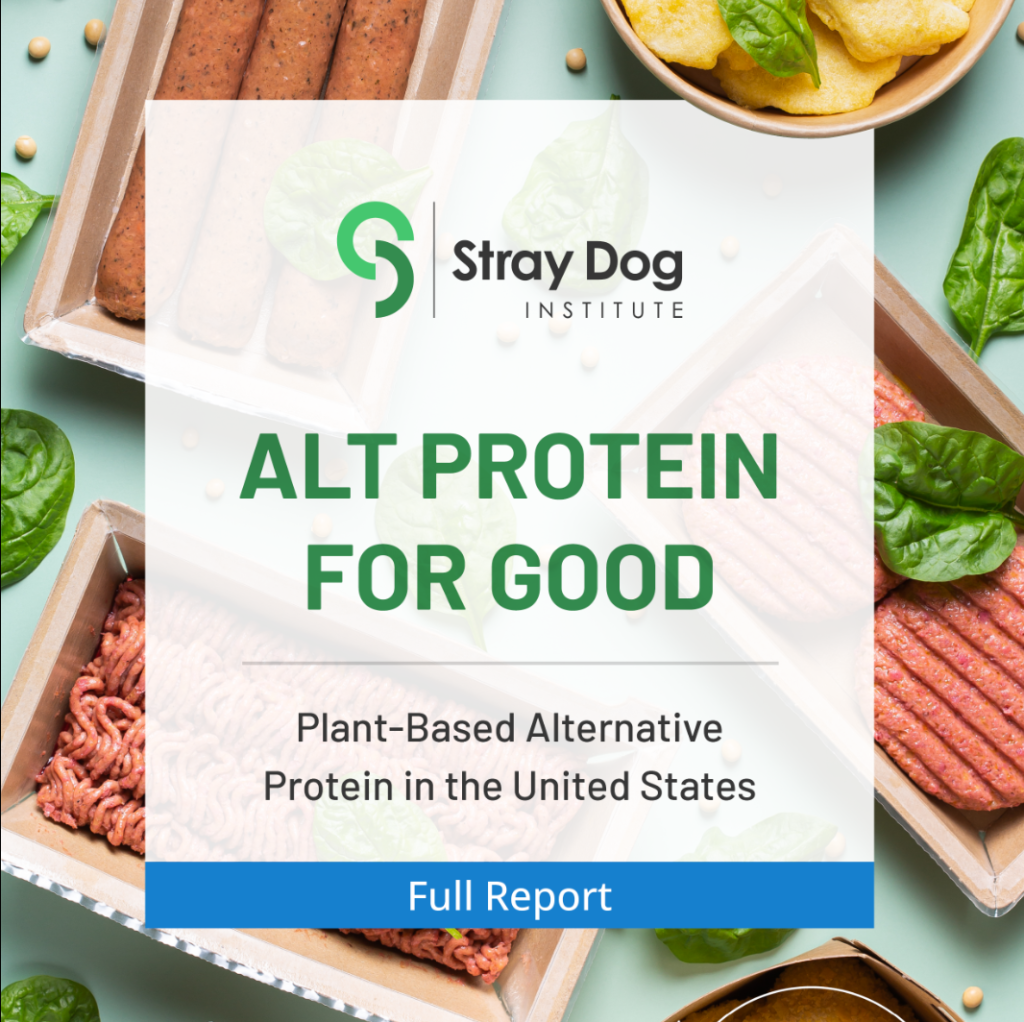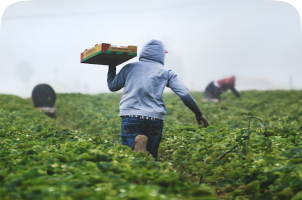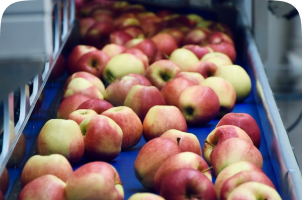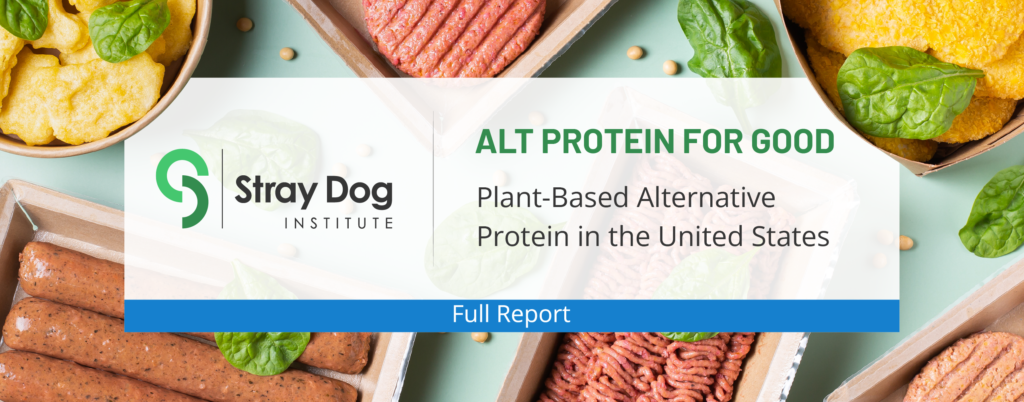Alt Protein for Good
Powering Positive Change Through Plant- Based Alternative Proteins


to serve the common good.
What Is
Alt Protein
Alternative or “alt” proteins are foods that are “produced to provide the sensory experience and nutrition” of animal meat, dairy, and eggs but are created using plants, fungi, fermentation, or cellular agriculture.
Why Alt
Protein?
Alt protein offers a sustainable, ethical, and nutritious alternative to conventional animal products. By reducing reliance on animal agriculture, it helps mitigate environmental impact, promotes animal welfare, and contributes to better health outcomes.
Our Vision:
Transformation
The animal-heavy industrial food system of today takes advantage of people and animals and harms the environment. Now is the time to transform it into a just and equitable food system centering plants and alt proteins.
For The
Common Good
A plant-powered food system can serve the combined interest and well-being of all food system interest groups and stakeholders, including—but not limited to—animals, workers, farmers, communities, and the environment.
Learn about the groundbreaking research study behind
Alt Protein for Good.
Research Insights
Learn about the groundbreaking research study behind
Alt Protein for Good.
Vision for the Future
Benefits
Tension Points
Industry Alignment

01
Alt Protein Exceptionalism
02
Mixed Impacts of Venture Capital Model
03
Challenges of Impact Measurement
04
Health Messaging is Contentious
05
The Focus on Price Parity
06
Caught Between Food and Tech
07
Should the Meat Industry Invest?
How Plant-Based Alt Protein Can Generate Co-benefits

Advocacy and Allyship
Build industry capacity and steer clear of meat industry critiques.
Meet the Authors: Situating Alt Proteins in Food System Transformation
Read more about the collective vision of the Alt Protein for Good Research Report’s authors and contributors.
Laura Driscoll
Research Director
Stray Dog Institute
Co-Author

Lauren Kohler
Director of Food Systems Philanthropy Stray Dog Institute
Co-Author

Plant-based alternative proteins can help transform the U.S. food system to be more just and sustainable. However, the alternative protein industry and the food system advocacy community have not always communicated effectively while working toward this shift.

Most Popular Questions
Lorem ipsum dolor sit amet, consectetur adipiscing elit. Nullam ut purus id tortor fermentum varius. Quisque nec convallis velit. Nulla facilisi.

We use “the common good” to refer to the combined interest and well-being of all food system interest groups and stakeholders, including—but not limited to—animals, workers, farmers, communities, and the environment.
We use the term “food system transformation” to refer to hypothetical large-scale food system change with the goal of correcting negative social, environmental, and animal welfare impacts created by the incumbent industrial food system and its focus on industrial animal agriculture. While organizational goals and approaches to food system transformation vary, we refer to civil society organizations and individuals engaged in advocacy for food system change as the Food System Transformation movement. This research report and this website are dedicated to a version of food system transformation that explicitly prioritizes equality, justice, and the provision of broad societal benefits for all entities impacted by food production.
No, but they are great food options. The names alternative or “alt” proteins specifically refer to foods that are “produced to provide the sensory experience and nutrition” of animal meat, dairy, and eggs but are created using plants, fungi, fermentation, or cellular agriculture. For the purposes of this research, we exclude from our definition traditional high-protein foods of non-animal origin such as tofu, beans, and lentils.
Connect with Us: Fill out the Form
Contact Us
Use the form below to get in touch









